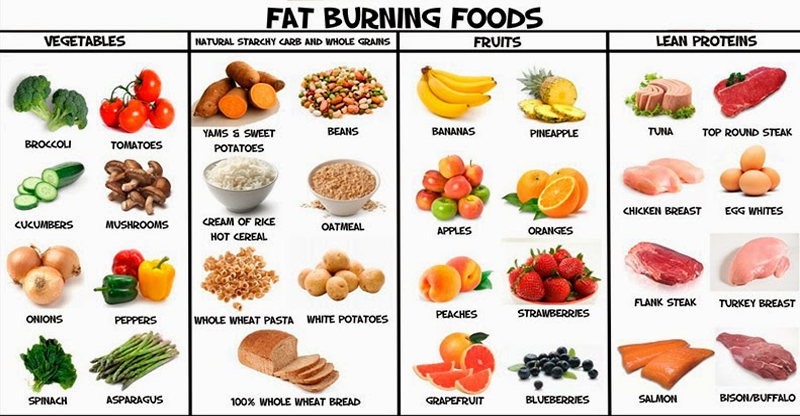

Good food sources of iodine are dairy products produced from cattle fed iodine-supplemented feed and salt licks, iodized salt, seafood, saltwater fish, seaweed, and kelp.

If you tend to have slow digestion and elimination, excess catarrh, or sinus trouble, and generally feel down in the dumps during humid weather, seaweeds high in potassium, calcium, and iodine are for you.Īsian Health Secrets by Letha Hadady DAc, page 188ĭue to the fact that its deficiency can have serious consequences, it is important for people to use iodine supplementation if they are not regularly getting adequate amounts from food. Low thyroid function has recently been linked with lethargy and depression. An underactive thyroid can encourage water retention, leading to excess weight and cellulite. While iodine is needed as the eponymous constituent of the two major thyroid hormones T3 and T4, selenium is essential for the biosynthesis and function of small numbers of selenocysteine containing enzymes that control thyroid hormone turnover. The trace elements iodine and selenium are essential for thyroid gland functioning and thyroid hormone biosynthesis and metabolism. Studies have described several clinical conditions suspected to be linked to iodine deficiency, including obesity, attention deficit hyperactivity disorder (ADHD), psychiatric disorders, fibromyalgia, and malignancies. Researchers hypothesized that iodine deficiency may also give rise to subtle impairment of thyroid function leading to clinical syndromes resembling hypothyroidism or diseases that have been associated with the occurrence of hypothyroidism. Its deficiency traditionally results in hypothyroidism, goiter, and cretinism. A mother with adequate iodine levels will be more likely to produce a child with superior brain development. There have been many studies showing its importance during gestation when cognitive potential is formed. It is essential for proper brain development and cognitive ability. Many people have replaced processed iodized salt with sea salt, an obvious healthy alternative, except that sea salt does not naturally contain a significant amount. Today’s health conscious consumers have lowered their salt intake and now fail to get even that small amount of iodine in their diets.

Once this was done, the obvious symptoms of severe iodine deficiency disappeared from view, and little further thought was given to matter, though sub-clinical symptoms remained. Its adequate intake was once a recognized problem that was solved by adding small amounts of it in the processing of table salt. They may be surprised to find out that organic produce is also often lacking sufficient amounts of iodine. Health conscious people expect conventional produce to be grown in soils deficient in essential minerals. When the metabolism is not up to par, there is less energy and heat produced. Hypersensitivity to cold, or cold hands and feet is another frequently reported symptom. Fatigue is a common symptom, characterized by the urge to fall asleep when not active. In addition to low thyroid functioning, symptoms of iodine deficiency include depression, weight gain, weak heartbeat, extreme dry hair and skin, swelling of the legs, decreased ability to concentrate, muscle cramps, puffiness or swelling of the eyes, and chronic aches and pains.
IODA HEALTH WEIGHT LOSS SKIN
Its deficiency can lead to dull and brittle hair, balding, lack of skin tone, low energy levels, difficulty dealing with environmental temperature change, poor concentration, constipation, depression, and extreme fatigue. People who have difficulty losing weight even though they eat small portions of health promoting foods may be short on iodine. Iodine is critical for the formation of thyroid hormone in the thyroid gland. Iodine may just be the most overlooked mineral, yet its importance to overall health and well being cannot be overstated.

Fortunately, you can help normalize an underactive thyroid gland by increasing your intake of the mineral iodine. If adjusting your diet and exercising more hasn’t helped you reach a healthy body weight, you may have hypothyroidism, or an underactive thyroid gland.


 0 kommentar(er)
0 kommentar(er)
